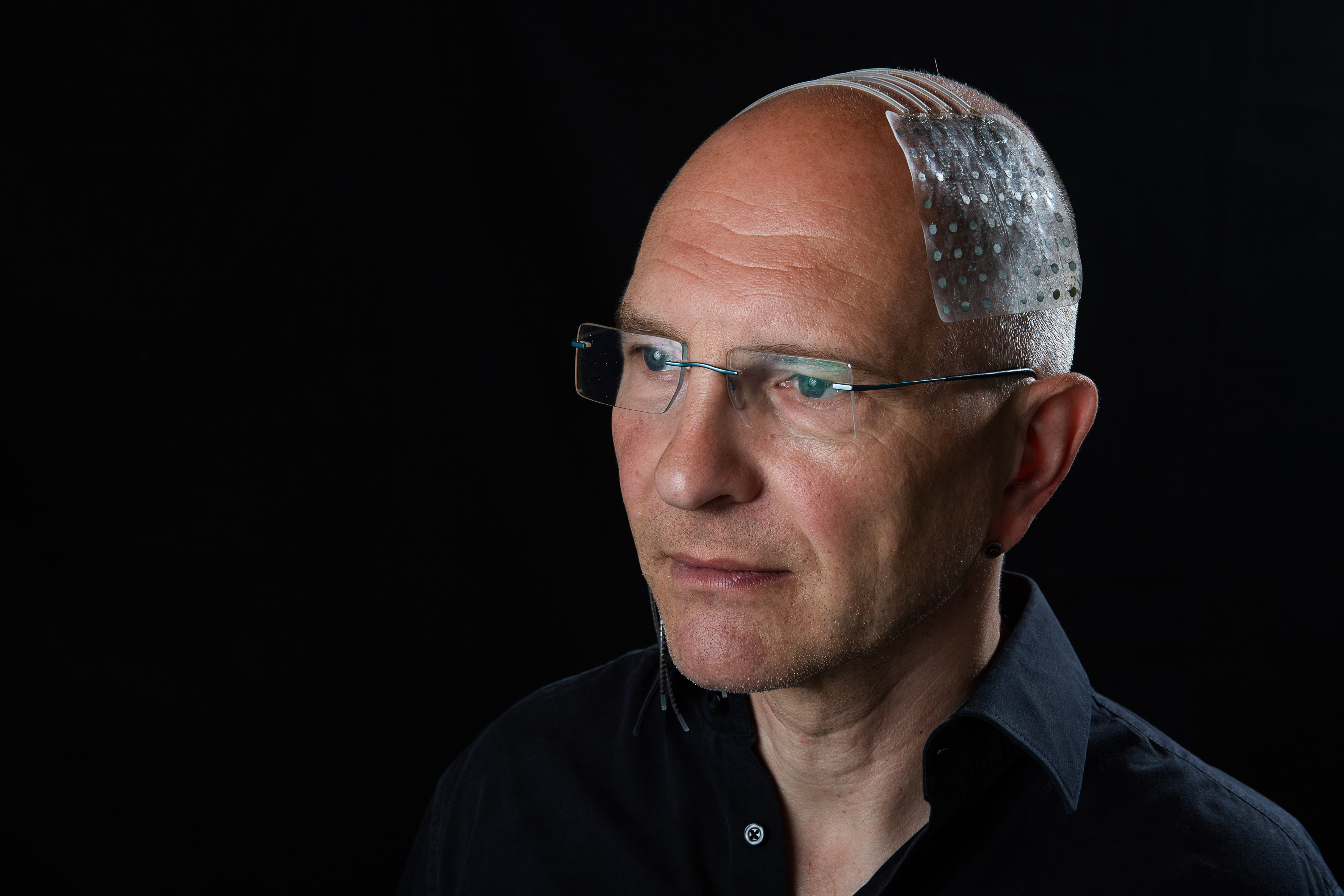The Material-Tissue Interface is Key to Bioelectronic Implant Performance
19th October 2022
Timing : 1 pm EST
Please use this zoom link for joining the webinar
Note: Registration is Required. Register here
For a list of all talks at the NanoBio seminar Series Fall'22, see here
Thomas Stieglitz
Laboratory for Biomedical Microsystems, Dept. of Microsystems Eng.IMTEK,
BrainLinks-BrainTools // IMBIT
Bernstein Center Freiburg
Albert-Ludwig-University of Freiburg, Germany
Thomas Stieglitz was born in Goslar in 1965. He received a Diploma degree in electrical Engineering from Technische Hochschule Karlsruhe, Germany, in 1993, and a PhD and habilitation degree in 1998 and 2002 from the University of Saarland, Germany, respectively. In 1993, he joined the Fraunhofer Institute for Biomedical Engineering in St. Ingbert, Germany, where he established the Neural Prosthetics Group. Since 2004, he is a full professor for Biomedical Microtechnology at the Albert- Ludwig-University Freiburg, Germany, in the Department of Microsystems Engineering (IMTEK) at the Faculty of Engineering and currently serves the IMTEK as managing director, is deputy spokesperson of the Cluster BrainLinks-BrainTools, board member of the Intelligent Machine Brain Interfacing Technology (IMBIT) Center and spokesperson of the profile neuroscience / neurotechnology of the university. He is further serving the university as member of the senate and as co-spokesperson of the commission for responsibility in research. His research interests include neural interfaces and implants, biocompatible assembling and packaging and brain machine interfaces.
Dr. Stieglitz has co-authored about 170 peer reviewed journal publications, 330 conference proceedings and holds about 30 patents. He is co-founder and scientific consultant of CorTec GmbH and neuroloop GmbH, two spin-off companies which focus on neural implant technology and neuromodulation, respectively. Dr. Stieglitz is Fellow of the IEEE and serves the EMBS in the neuroethics group as well as the technical committee of neural engineering, the German Biomedical Engineering Society (DGBMT im VDE) where he is chair of the Neural Prostheses and Intelligent Implants section, the Materials Research Society. He is also founding member of the International Functional Electrical Stimulation Society (IFESS).
Laboratory for Biomedical Microsystems, Dept. of Microsystems Eng.IMTEK,
BrainLinks-BrainTools // IMBIT
Bernstein Center Freiburg
Albert-Ludwig-University of Freiburg, Germany
Thomas Stieglitz was born in Goslar in 1965. He received a Diploma degree in electrical Engineering from Technische Hochschule Karlsruhe, Germany, in 1993, and a PhD and habilitation degree in 1998 and 2002 from the University of Saarland, Germany, respectively. In 1993, he joined the Fraunhofer Institute for Biomedical Engineering in St. Ingbert, Germany, where he established the Neural Prosthetics Group. Since 2004, he is a full professor for Biomedical Microtechnology at the Albert- Ludwig-University Freiburg, Germany, in the Department of Microsystems Engineering (IMTEK) at the Faculty of Engineering and currently serves the IMTEK as managing director, is deputy spokesperson of the Cluster BrainLinks-BrainTools, board member of the Intelligent Machine Brain Interfacing Technology (IMBIT) Center and spokesperson of the profile neuroscience / neurotechnology of the university. He is further serving the university as member of the senate and as co-spokesperson of the commission for responsibility in research. His research interests include neural interfaces and implants, biocompatible assembling and packaging and brain machine interfaces.
Dr. Stieglitz has co-authored about 170 peer reviewed journal publications, 330 conference proceedings and holds about 30 patents. He is co-founder and scientific consultant of CorTec GmbH and neuroloop GmbH, two spin-off companies which focus on neural implant technology and neuromodulation, respectively. Dr. Stieglitz is Fellow of the IEEE and serves the EMBS in the neuroethics group as well as the technical committee of neural engineering, the German Biomedical Engineering Society (DGBMT im VDE) where he is chair of the Neural Prostheses and Intelligent Implants section, the Materials Research Society. He is also founding member of the International Functional Electrical Stimulation Society (IFESS).
